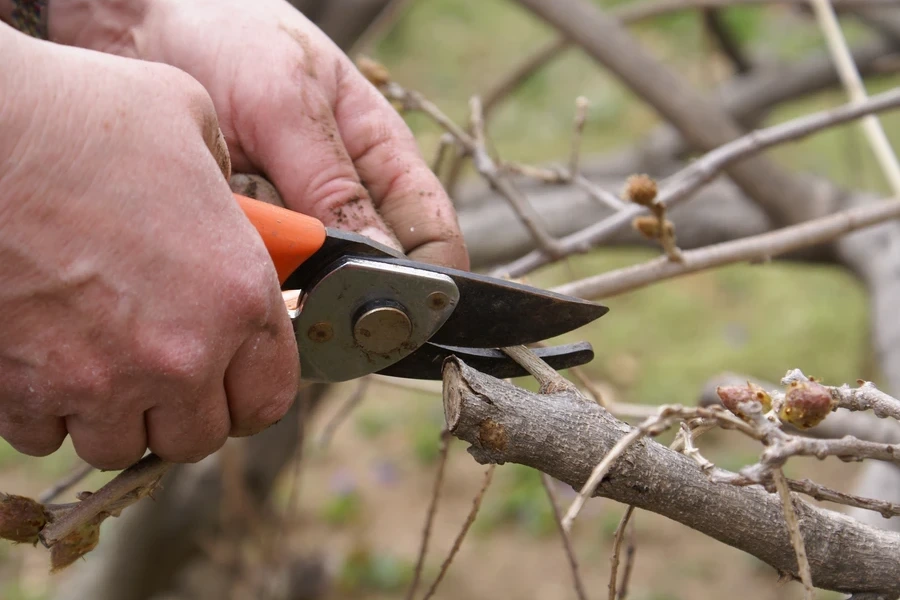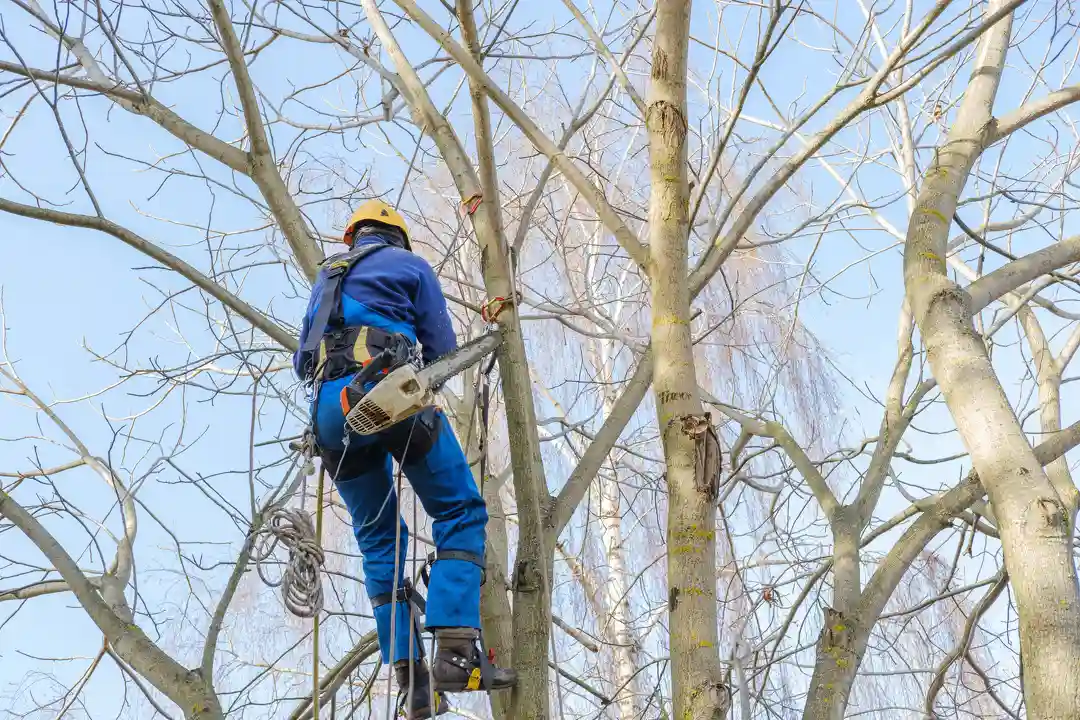Finding the Best Nutrients to Support Your Trees’ Development
Selecting the right fertilizer is essential for healthy tree growth. Fertilizers provide the nutrients trees need to thrive and withstand different environmental conditions. Understanding how fertilizers work can help you make informed choices that benefit your trees in the long run. By focusing on the specific needs of your trees, you can ensure they receive the proper nutrients at the right time.

Understanding Different Types of Fertilizers
Fertilizers come in several forms, each with unique benefits. The three main types are granular, liquid, and slow-release. Granular fertilizers are easy to apply and ideal for large areas. Liquid fertilizers act quickly and are great for immediate nutrient boosts. Slow-release fertilizers steadily supply nutrients over time, which helps prevent over-fertilization. Each type serves a distinct purpose, making it crucial to select one that aligns with your tree’s needs.
Considering Essential Nutrients for Trees
Trees require essential nutrients like nitrogen, phosphorus, and potassium. Nitrogen promotes lush foliage growth, phosphorus encourages strong root development, and potassium enhances disease resistance. When choosing a fertilizer, look for one that provides a balanced mix of these nutrients. Paying attention to these elements ensures your trees receive comprehensive nutrition for optimal health and growth.
Analyzing Soil Composition Before Fertilizing
Understanding your soil composition is vital before applying any fertilizer. A soil test reveals nutrient deficiencies or excesses, guiding your fertilization decisions. Knowing your soil’s pH level also helps determine which nutrients are readily available to your trees. Adjusting your fertilization plan based on soil analysis ensures that you’re not wasting resources or potentially harming your trees.
Choosing Organic Vs. Synthetic Fertilizers
The decision between organic and synthetic fertilizers depends on personal preference and tree care goals. Organic fertilizers, derived from natural sources, improve soil structure and support beneficial microorganisms. Synthetic fertilizers offer precise nutrient ratios and quick results but may deplete soil quality over time if used excessively. Weighing the pros and cons of each option helps you decide which best fits your approach to tree maintenance.
- Organic fertilizers enhance soil health
- Synthetic fertilizers deliver fast-acting nutrients
- Consider long-term impacts on soil quality
Frequency and Timing of Fertilization
The timing and frequency of fertilization significantly impact tree health. Generally, it’s best to fertilize during spring when trees actively grow. Applying too much fertilizer can damage roots and stress trees. A well-planned schedule minimizes risks while maximizing benefits, ensuring consistent growth throughout the growing season.
Examining Cost Considerations
Cost plays a role in selecting fertilizers. While organic options might be pricier upfront, their benefits often justify the expense through improved soil health and sustainability. Conversely, synthetic fertilizers can be more affordable initially but might require frequent applications, raising overall costs. Assessing both short-term and long-term expenses helps optimize your investment in tree care.
- Conduct a soil test to assess nutrient levels
- Choose a fertilizer type based on tree needs
- Apply according to recommended timing guidelines

Your Path to Thriving Trees Begins Here
To ensure robust tree growth, selecting the right fertilizer is crucial. At The Right Construction and Landscaping, our experts provide personalized guidance tailored to your landscape’s needs. Call us at (781) 632-1348 to learn more about our services. Located in Lynn, MA, we are dedicated to helping you achieve vibrant and healthy trees.
